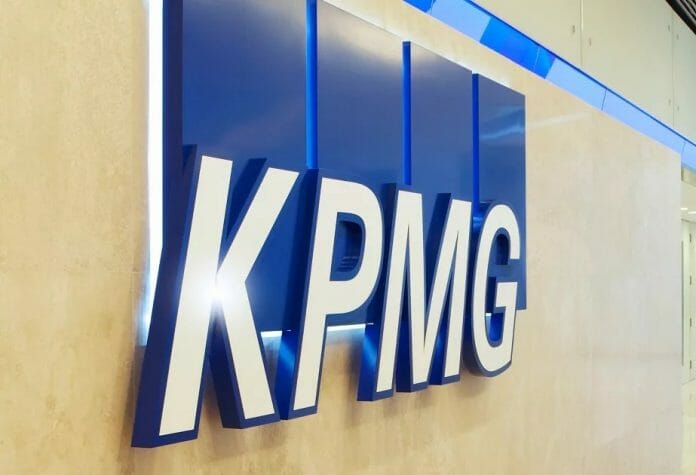Some 63 per cent of chief executive officers (CEOs) in the Asia-Pacific region anticipate a recession over the next 12 months, but more than half (55 per cent) expect it to be mild and short, according to KPMG International Ltd.
In its 8th edition of CEO Outlook, KPMG said about 58 per cent of them have already taken precautionary measures to weather the upcoming turbulence.
The survey, conducted among 1,325 CEOs between July 12 and Aug 21, 2022, provides a unique insight into their mindsets, strategies and planning tactics.
The survey also revealed that 73 per cent of the CEOs were confident in their company’s resilience in weathering through the next six months, with a similar level of confidence (71 per cent) in their country resilience.
In response to the anticipated recession over the next six months, the CEOs plan to implement a hiring freeze (44 per cent), manage cost by increasing price (43 per cent) and reduce profit margins (40 per cent).
More worryingly, 29 per cent of CEOs in Asia-Pacific have reportedly paused or reconsidered their existing environmental, social and governance (ESG) efforts while 47 per cent plan to do so over the coming months, it said.
There is also the likelihood that CEOs may need to look for alternate sources of capital to improve their chances of refinancing.
Not surprisingly, 70 per cent of them see the availability of capital for new investments (and lack thereof) will impact their organisation.
Despite that, 61 per cent cited that they are placing more capital investment in buying new technology, while 65 per cent consider new partnerships will be critical to continuing their pace of digital transformation, added KPMG, a global organisation of independent professional services firms providing audit, tax and advisory services.
KPMG Malaysia managing director Datuk Johan Idris said as governments in Malaysia and around the world are battling higher inflation with large interest rate increases, there is an increasing concern of a global liquidity crisis.
This will mean companies will find it increasingly difficult to refinance or rollover debt as banks, in anticipation of a recession, become more cautious in their lending.
Moreover, as liquidity gets tighter and a recession becomes more certain, those industries that are already out of favour with banks due to their ESG priorities may find any form of new financing difficult, thereby triggering capital issues that will require careful planning, Bernama cited him saying in a statement today.









